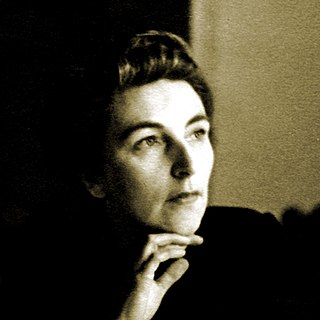A Quote by James Martineau
Related Quotes
We are too ready to imagine that we are religious, because we know something of religion. We appropriate to ourselves the pious sentiments we read, and we talk as if the thoughts of other men's heads were really the feelings of our own hearts. But piety has not its seat in the memory, but in the affections, for which however the memory is an excellent purveyor, though a bad substitute.
All those years I fell for the great palace lie that grief should be gotten over as quickly as possible and as privately. But, what I've discovered is that the lifelong fear of grief keeps us in a barren, isolated place, and that only grieving can heal grief. The passage of time will lessen the acuteness, but time alone, without the direct experience of grief, will not heal it.
My nana was always a widow as long as I was alive; my grandfather died before I was born. All the women on my street - there were four houses in a row with all old women who lived alone who were widowed. They all had kids, but they were all widowed. My mom didn't put me in preschool; I didn't know that was a thing. I just hung out with these women all day.
Sin also carries on its war by entangling the affections and drawing them into an alliance against the mind. Grace may be enthroned in the mind, but if sin controls the affections, it has seized a fort from which it will continually assault the soul. Hence, as we shall see, mortification is chiefly directed to take place upon the affections.
My rage is gone,
And I am struck with sorrow. Take him up.
Help, three o' th' chiefest soldiers; I'll be one.
Beat thou the drum, that it speaks mournfully,
Trail your steel spikes. Though in this city he
Hath widowed and unchilded many a one,
Which to this hour bewail the injury,
Yet he shall have a noble memory.
Assist.
Real grief is not healed by time... if time does anything, it deepens our grief. The longer we live, the more fully we become aware of who she was for us, and the more intimately we experience what her love meant for us. Real, deep love is, as you know, very unobtrusive, seemingly easy and obvious, and so present that we take it for granted. Therefore, it is only in retrospect - or better, in memory - that we fully realize its power and depth. Yes, indeed, love often makes itself visible in pain.








































